California Coastal Commission Hesitant to Support Increase on SpaceX Launches
Commission Delays Motion to Increase Number of Launches from Vandenberg Space Force Base
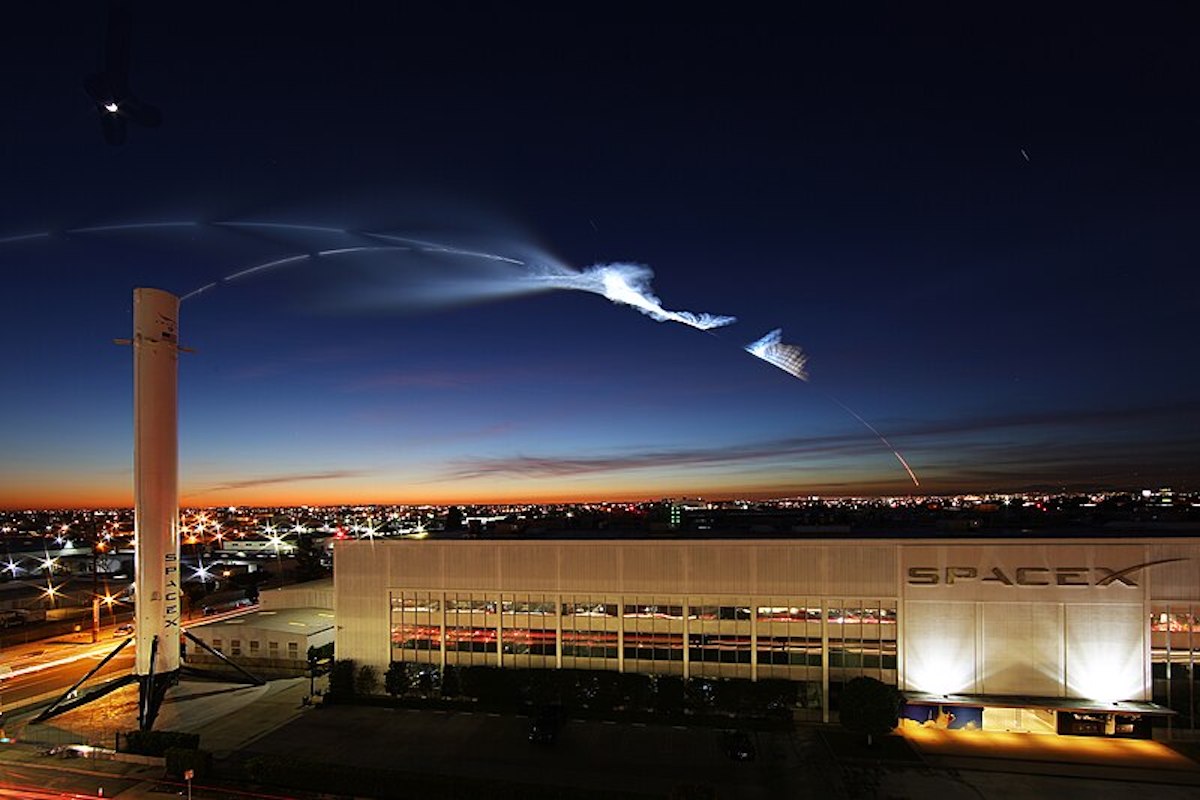
On April 10, the California Coastal Commission postponed a decision on SpaceX’s proposal to increase launches at Vandenberg Space Force Base (VSFB) from six to 36, and landings to 12 annually. Concerns were raised about distinguishing federal and private activities, as well as impacts on residents and the environment.
Since Vandenberg is federal property, the commission lacks authority to approve or reject projects. Instead, the commission can only approve measures based on consistency with the California Coastal Management Program. The discussion returned after commissioners discovered that temporary closures and evacuations at Jalama Beach due to SpaceX activity exceeded the annual maximum within the first few months of the year.
After a series of public complaints about impacts to wildlife, noise disturbances, marine debris, and public notifications, the commission requested more time to understand the complexities of the situation. The most pressing question in the room was whether all commercial space launches at VSFB can be considered federal activity.
When asked how many launches at VSFB benefit the Department of Defense (DOD), Colonel Bryan Titus, vice commander for Space Launch Delta 30, said that 25 percent hold DOD satellites and payloads, but argued that all SpaceX launches support the DOD and its allies.
“I just don’t think that SpaceX should be able to skirt the requirements for a Coastal Development Permit when its clear intent is to conduct primarily for-profit business activity and not federal activity,” said Kristina Kunkel, the Environmental Policy Director of the California State Controller’s Office.
Staff reminded the commissioners that they and the Space Force are equal powers, and the federal agency could still decide to move forward regardless of their decision. If there was a “strong consensus” to deny federal consistency, it could only be resolved through mediation or litigation.

The commission tasked staff with addressing several remaining questions before the item returned for a vote. These include a suggestion to segregate DOD and private activities for federal consistency, assessing the Space Force’s capability to send push notifications for launch warnings to residents, and evaluating the cumulative environmental impacts and fees related to lost nine-volt batteries dropped into the ocean by weather balloons.
Prior to the meeting, staff had recommended four measures in response to concerns over Jalama Beach access. The Department of the Air Force in coordination with SpaceX would provide internet service and vacancy signage on Highway 1. They also proposed a shuttle service to evacuate and return campers during launch times, and, in collaboration with the Lompoc Unified School District and SpaceX, funding to transport 3rd graders to visit Surf Beach and Ocean Park on an annual basis.
Col. Titus assured the commission that these expenses would not be on the taxpayer’s dime.
These questions and measures will be addressed when the Commission returns to the topic in May.
Premier Events
Thu, May 02
5:00 PM
Santa Barbara
Things with Wings at Art & Soul
Sat, May 04
10:00 AM
Lompoc
RocketTown Comic Con 2024
Wed, May 01
7:30 PM
Santa Barbara
American Theatre Guild Presents “Come From Away”
Thu, May 02
5:00 PM
Santa Barbara
100th Birthday Tribute for James Galanos
Thu, May 02
5:00 PM
Santa Barbara
Meet the Creator of The Caregiver Oracle Deck
Fri, May 03
4:00 PM
Santa Barbara
Santa Barbara Fair+Expo “Double Thrill Double Fun”
Fri, May 03
8:00 PM
Santa barbara
Performance by Marca MP
Sat, May 04
10:00 AM
Solvang
Touch A Truck
Sat, May 04
11:00 AM
Santa Barbara
Mental Wellness Center’s 28th Annual Arts Faire
Sat, May 04
11:00 AM
Santa Barbara
Community History Day
Sat, May 04
3:00 PM
Solvang
The SYV Chorale Presents Disney Magic Concert
Sat, May 04
7:00 PM
Santa Barbara
A Star Wars Cantina Celebration: Renegades, Rebels, and Rogues
Thu, May 02 5:00 PM
Santa Barbara
Things with Wings at Art & Soul
Sat, May 04 10:00 AM
Lompoc
RocketTown Comic Con 2024
Wed, May 01 7:30 PM
Santa Barbara
American Theatre Guild Presents “Come From Away”
Thu, May 02 5:00 PM
Santa Barbara
100th Birthday Tribute for James Galanos
Thu, May 02 5:00 PM
Santa Barbara
Meet the Creator of The Caregiver Oracle Deck
Fri, May 03 4:00 PM
Santa Barbara
Santa Barbara Fair+Expo “Double Thrill Double Fun”
Fri, May 03 8:00 PM
Santa barbara
Performance by Marca MP
Sat, May 04 10:00 AM
Solvang
Touch A Truck
Sat, May 04 11:00 AM
Santa Barbara
Mental Wellness Center’s 28th Annual Arts Faire
Sat, May 04 11:00 AM
Santa Barbara
Community History Day
Sat, May 04 3:00 PM
Solvang
The SYV Chorale Presents Disney Magic Concert
Sat, May 04 7:00 PM
Santa Barbara

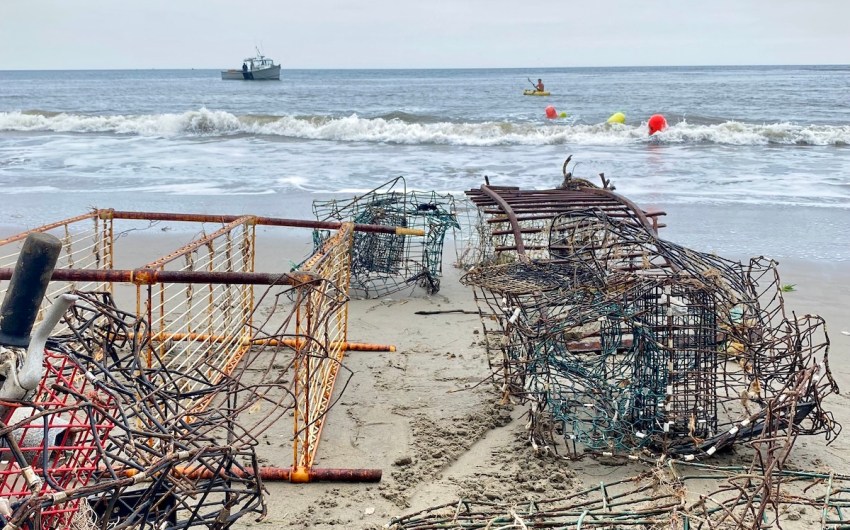



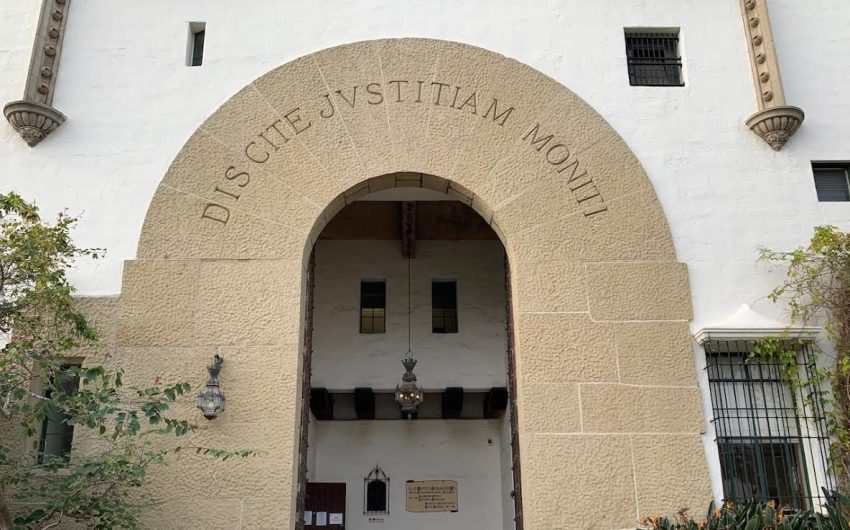

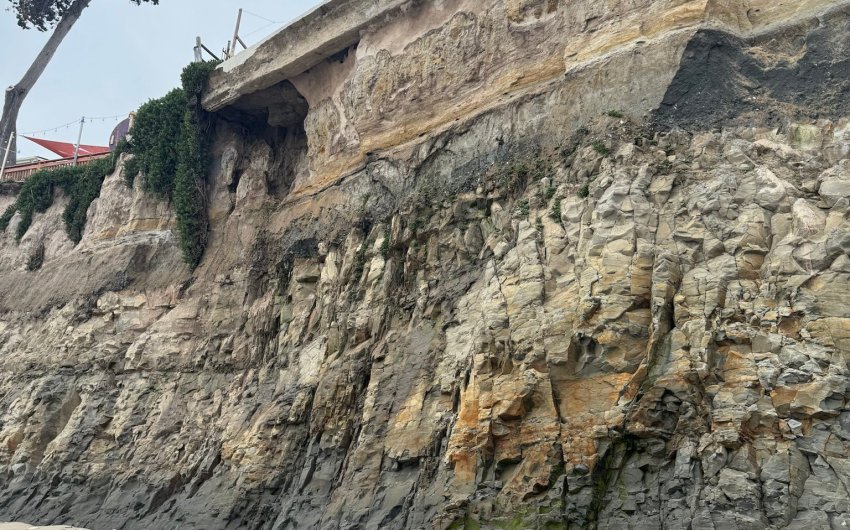
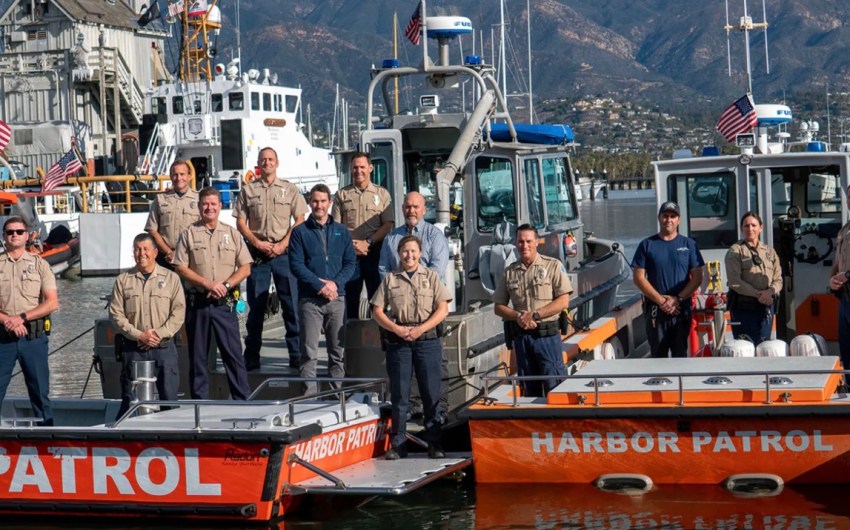
















You must be logged in to post a comment.